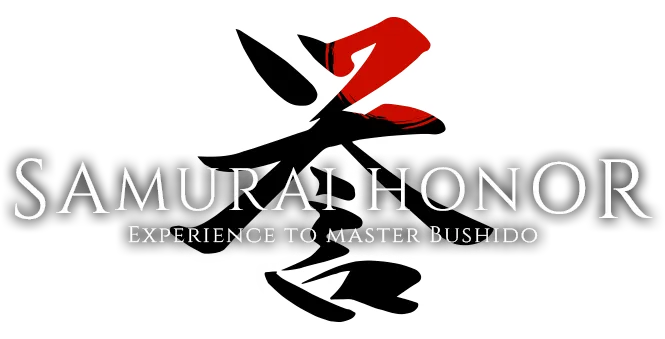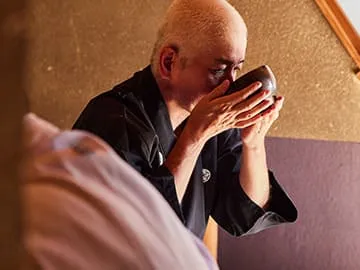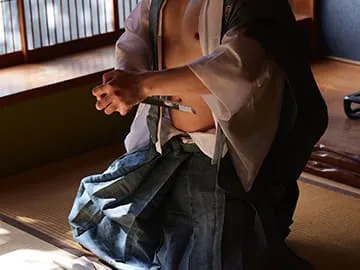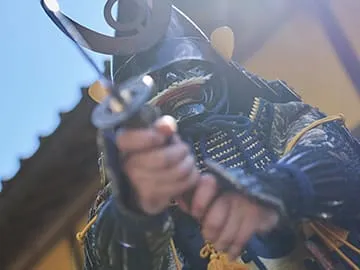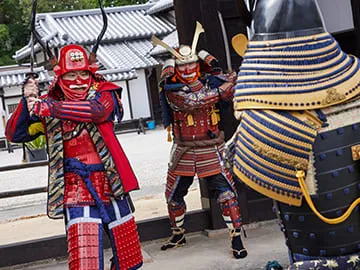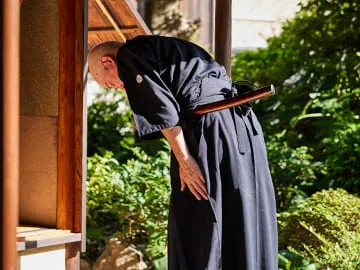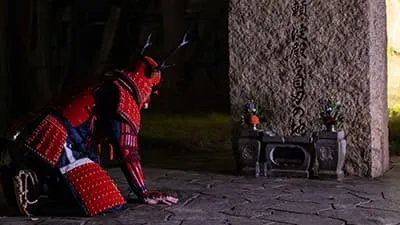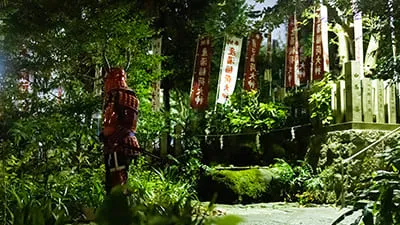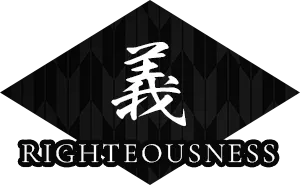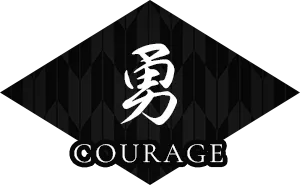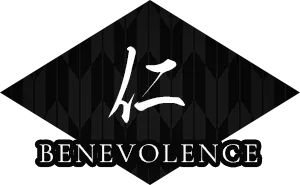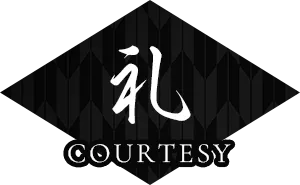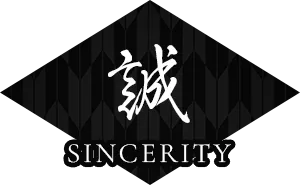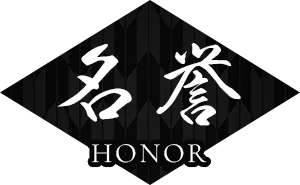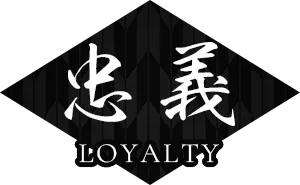WHAT IS SAMURAI HONOR?
“Honor” was the most respected value of the Samurai.
Samurai were born with an awareness of “honor.” “Honor” was the highest virtue.
The goal that young men aspiring to become samurai had to pursue was honor, not
wealth or knowledge.
“When a young man who aspires to become a samurai crosses the threshold of my family, he
vows to
himself that he will never cross again until he goes out into the world and makes a name for
himself.
Also, the mother who placed great hopes in her son, He refused to reunite with his sons
until
they returned home, as the saying goes, “decorate.”
A samurai's son endured trials of poverty, physical or mental suffering for the sake of
“honor.
” It was. “Honor is a goal that we continue to pursue within ourselves,” without considering
profit or loss.
Therefore, “honor” that concerns people's reputation is not true honor.
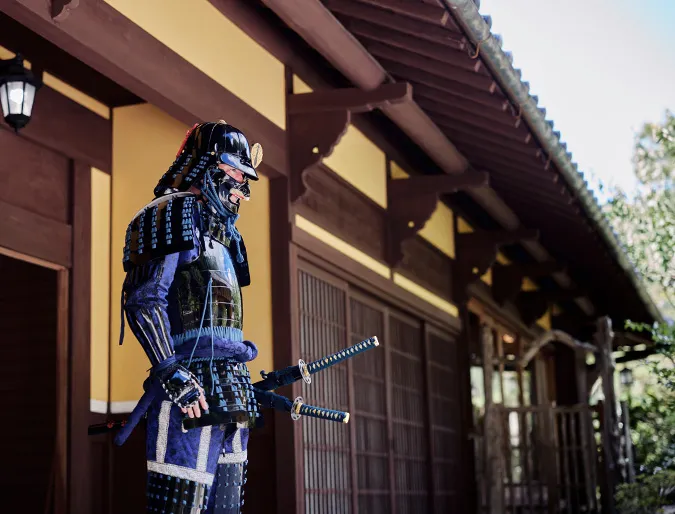
HONOR
The concept of honor is expressed in words such as appearance and face, but on the
other hand, it all comes down to knowing “shame.” “Don't do anything embarrassing.”
“Don't
make your face dirty.” “People will laugh at you.” Among the samurai, learning about
shame was the first step in childhood education.
Shame is the basis of moral consciousness, and honor in Bushido is the basic virtue
for
pursuing aesthetics as a person.
Honor in Bushido means respecting one's name and living a noble life without shame.
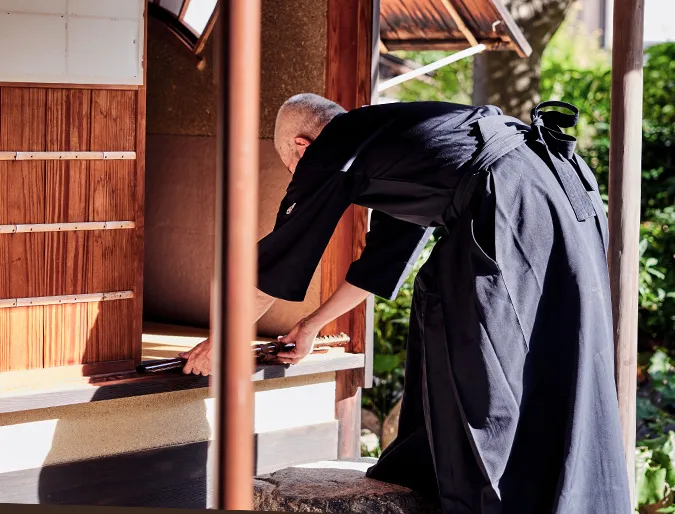
SWORD
The sword is the soul of a samurai, and even if you starve to death, you cannot sell
it.
Bushido made the sword a symbol of power and valor.
He is taught how to use a sword from an early age.
He begins with a wooden sword,and when he reaches the age of 15, he is allowed to
carry
a serious sword.
What he then realizes is his self-respect and sense of responsibility for carrying a
dangerous weapon on the street.

